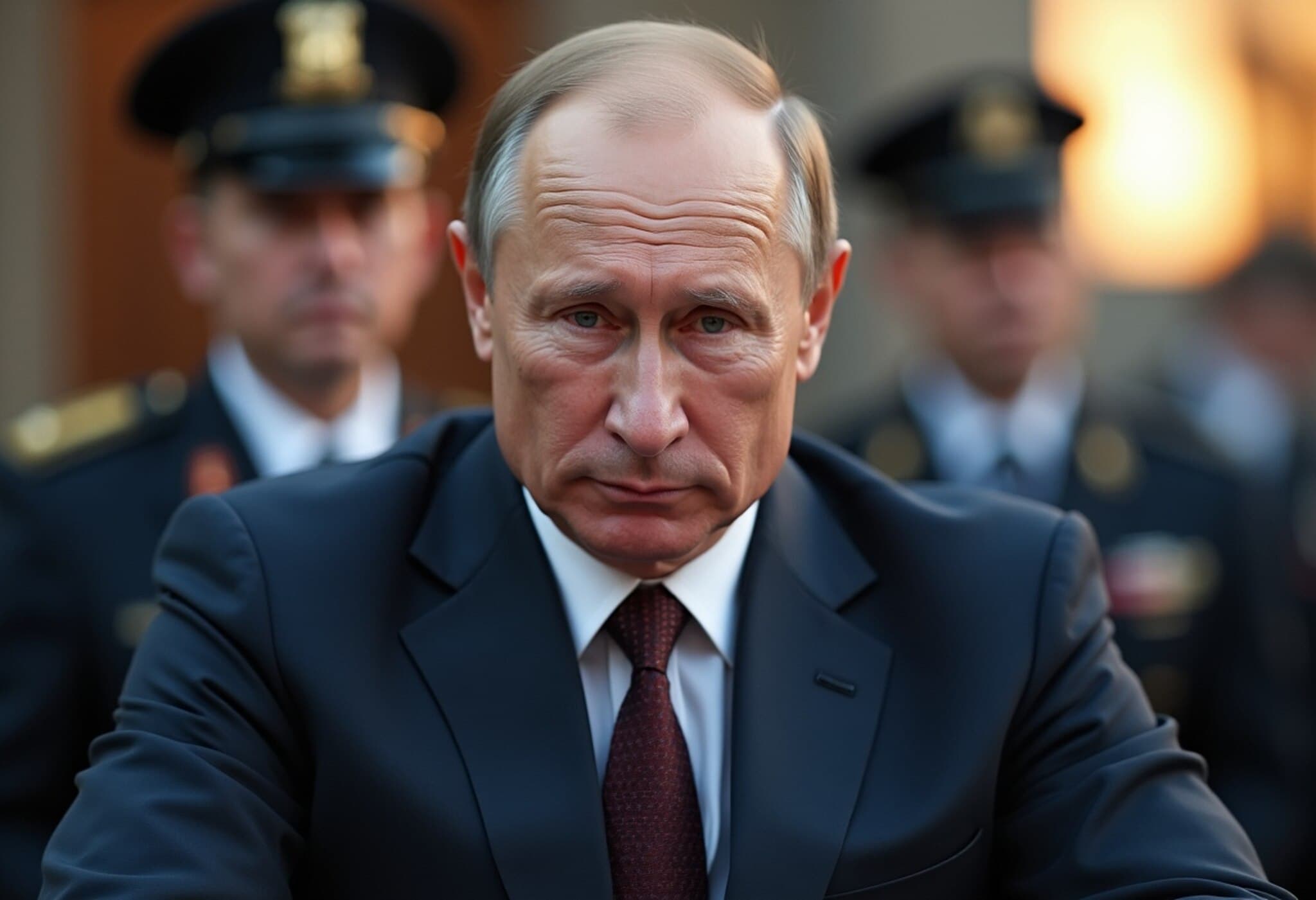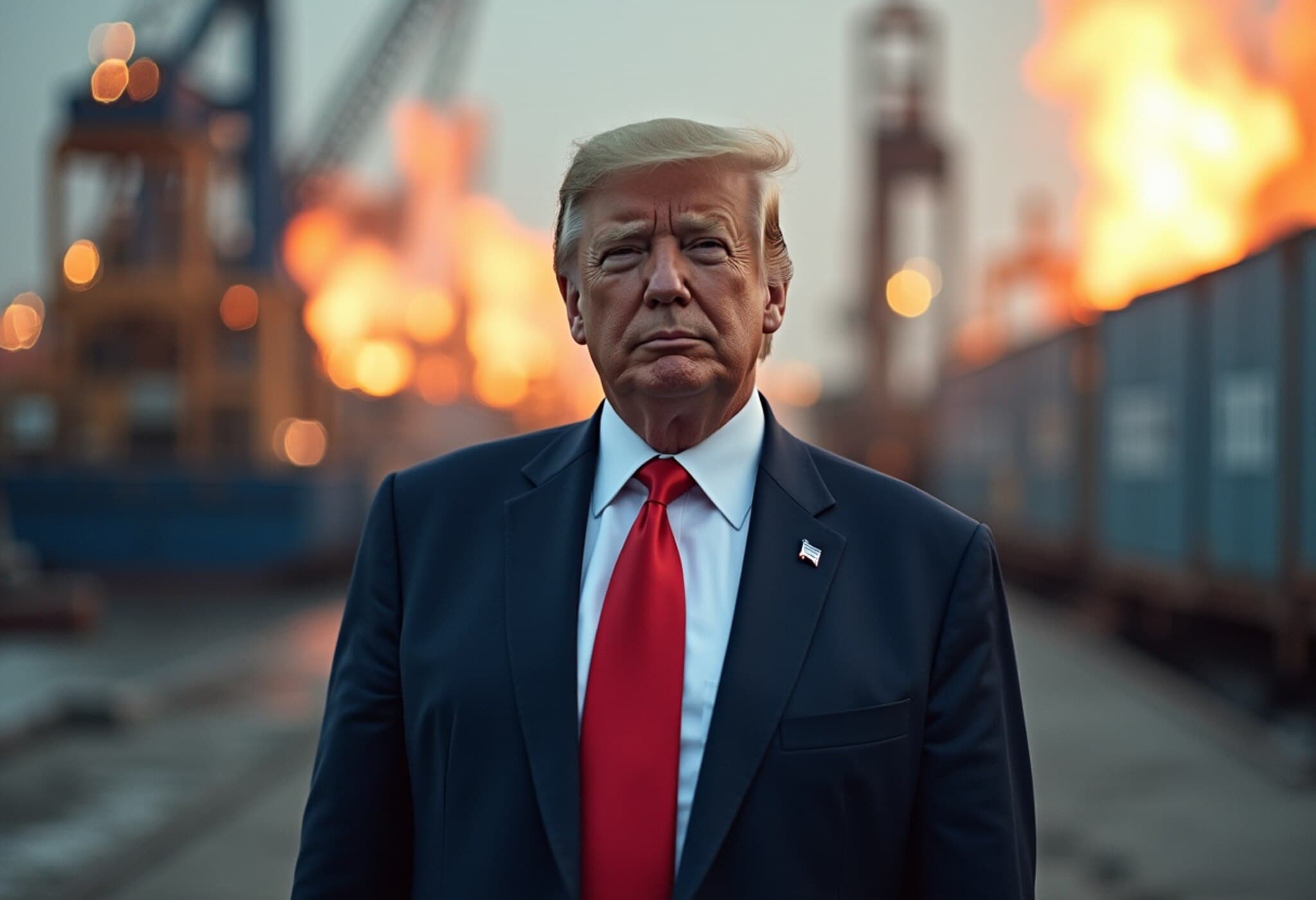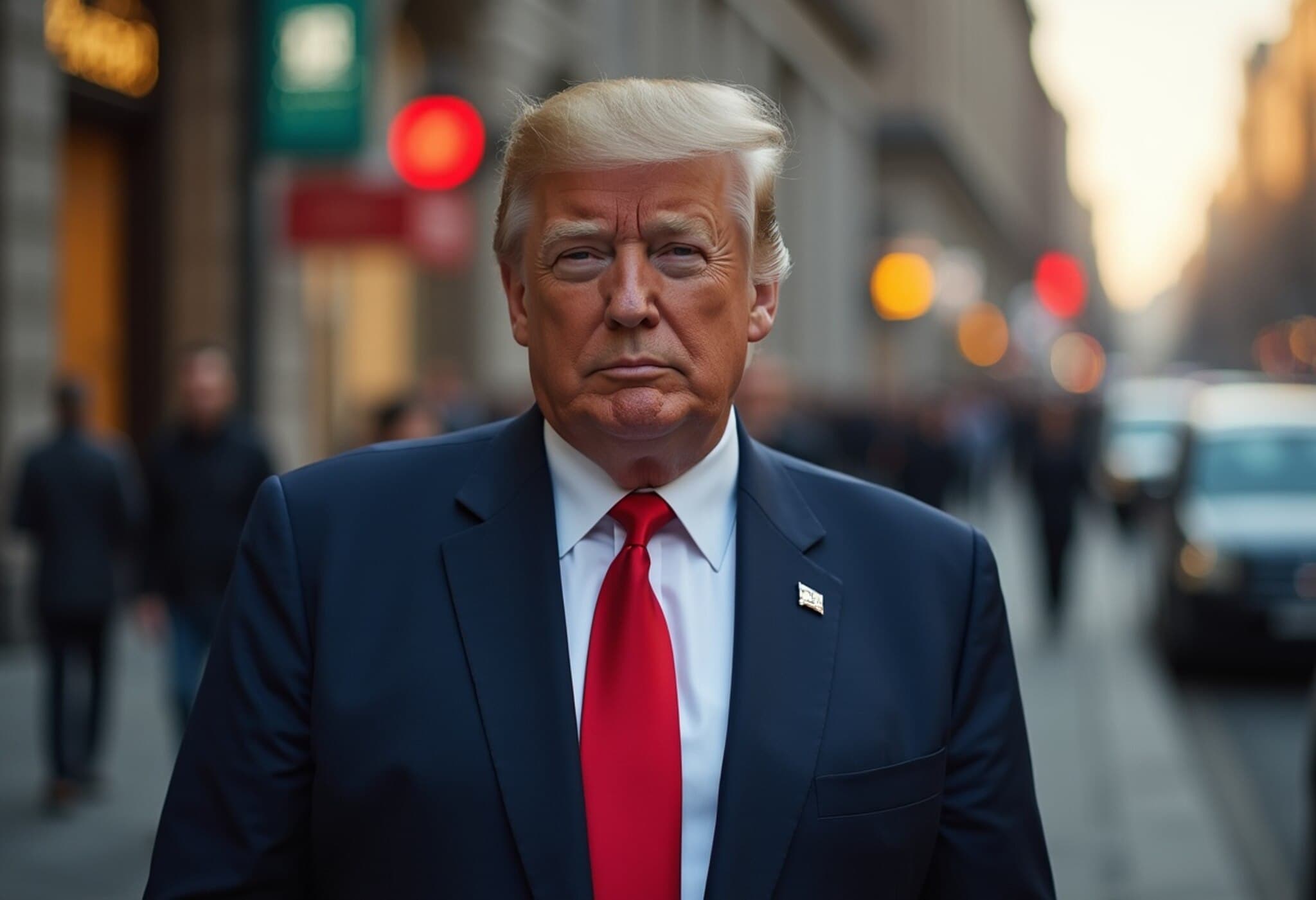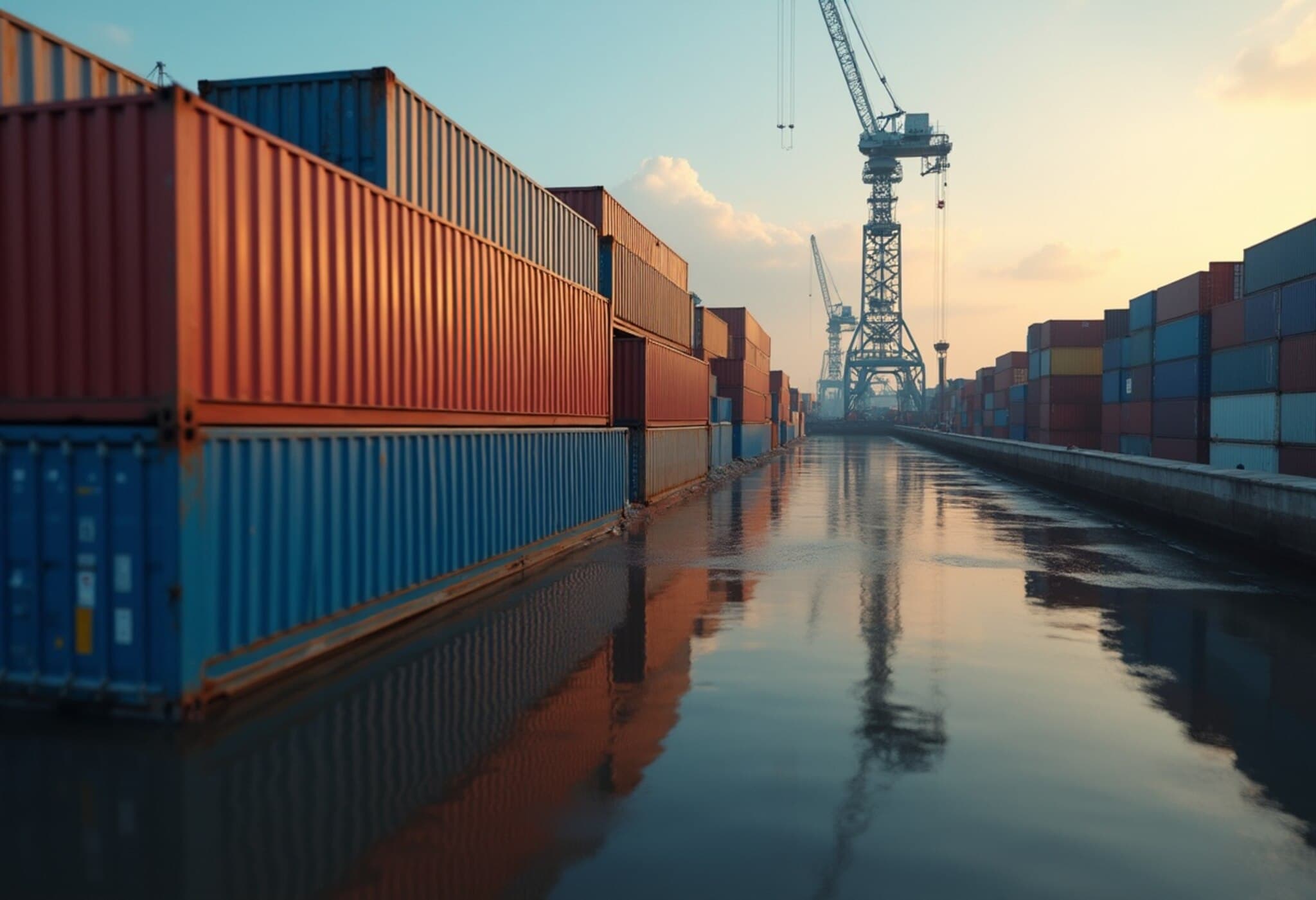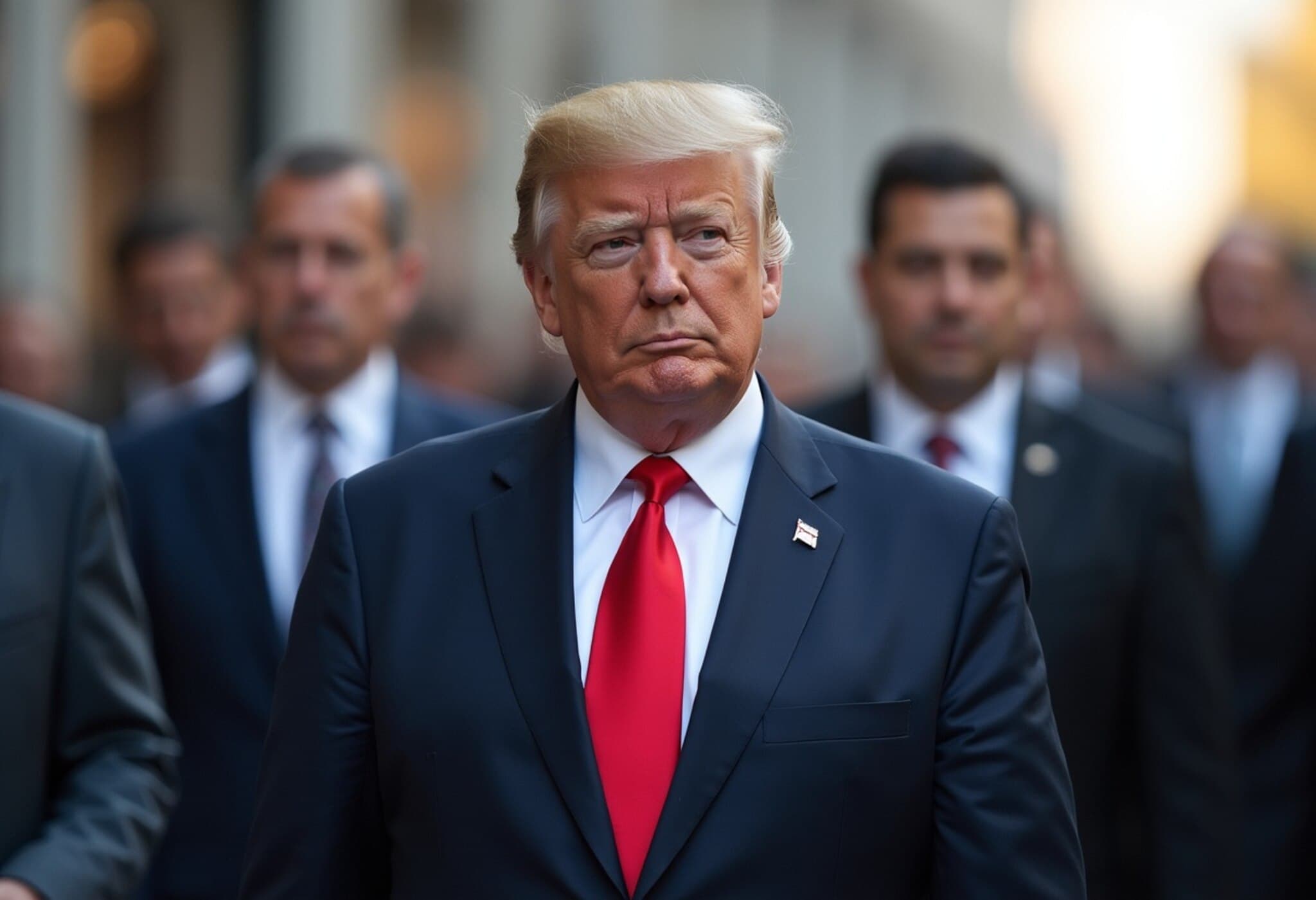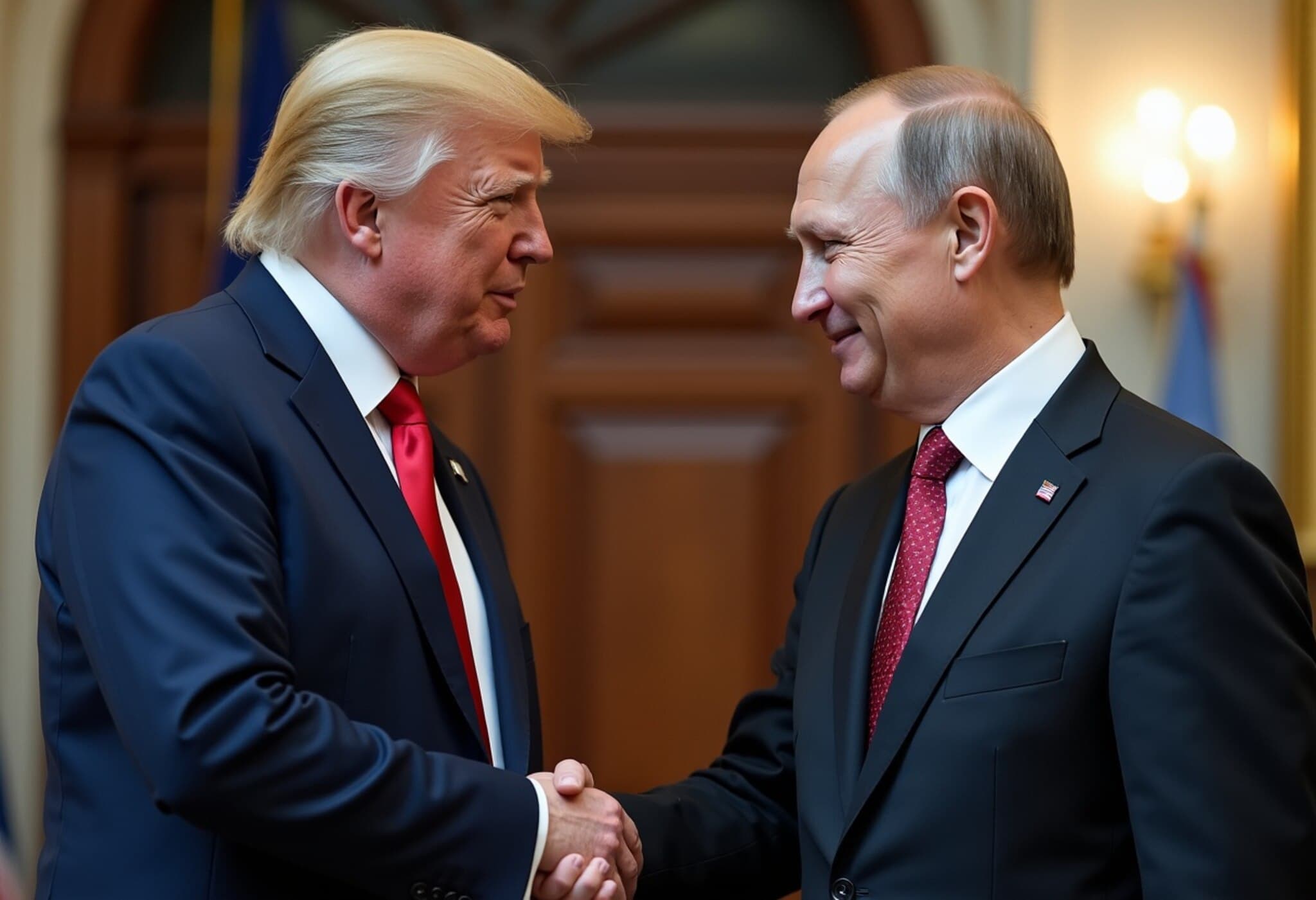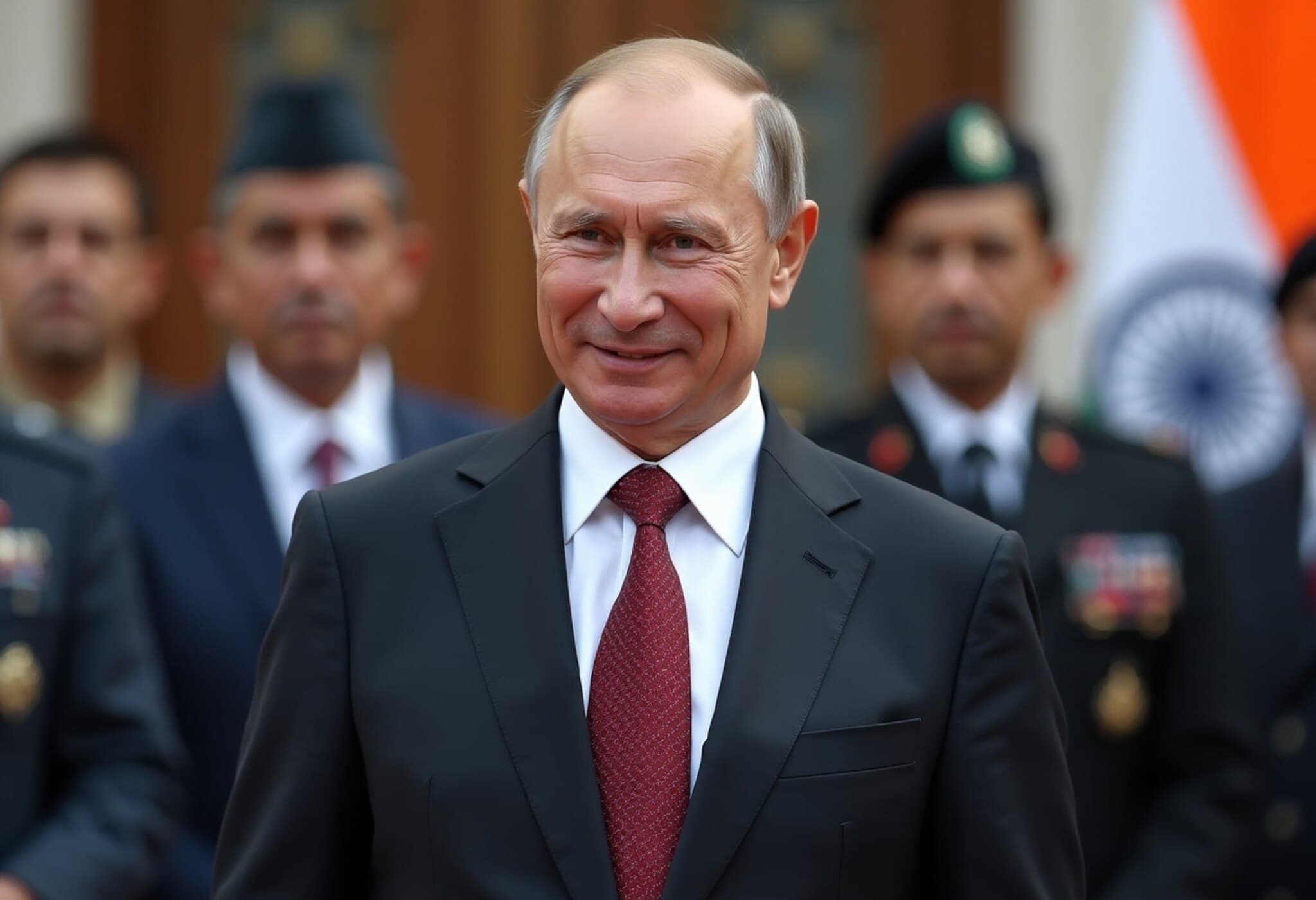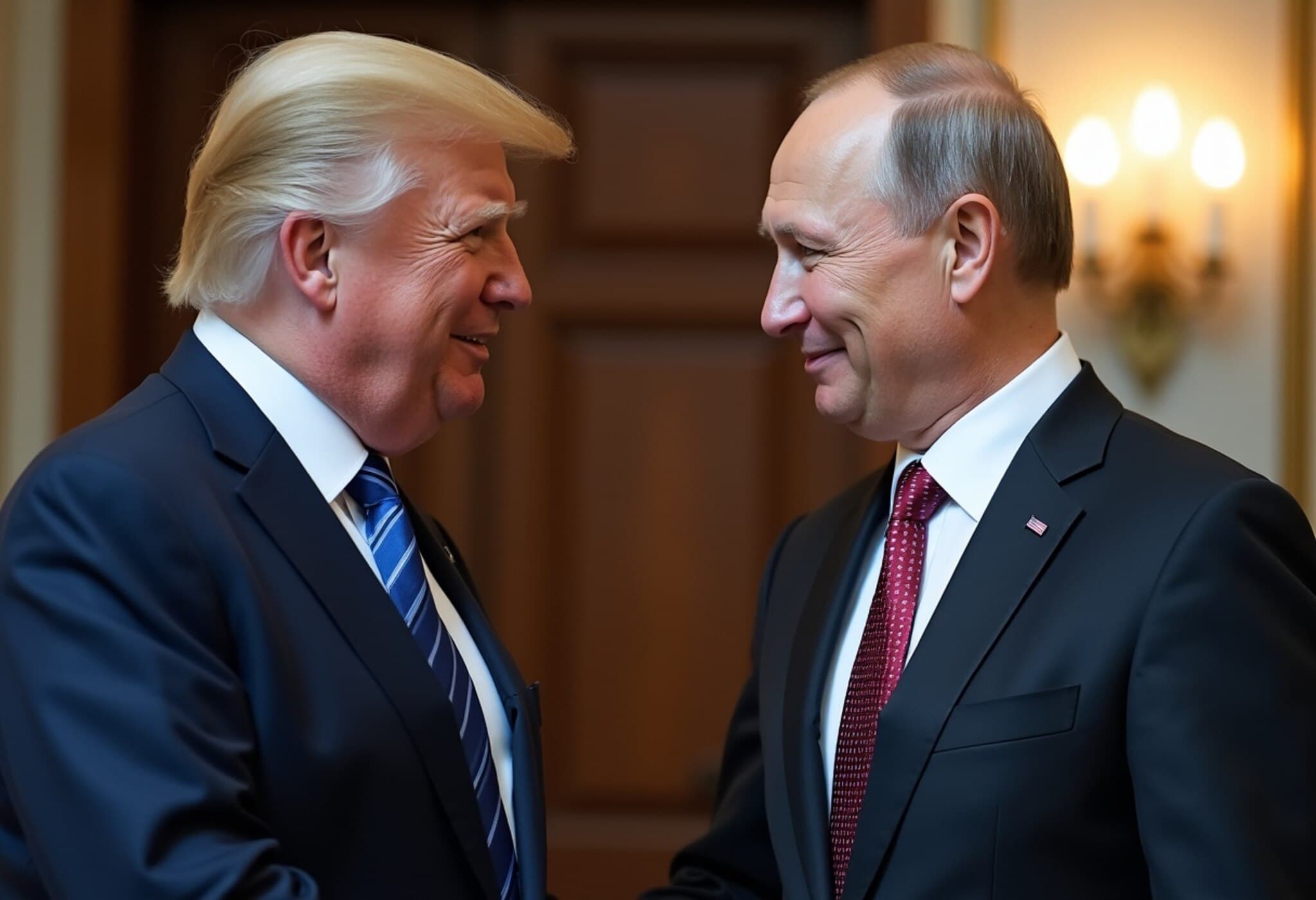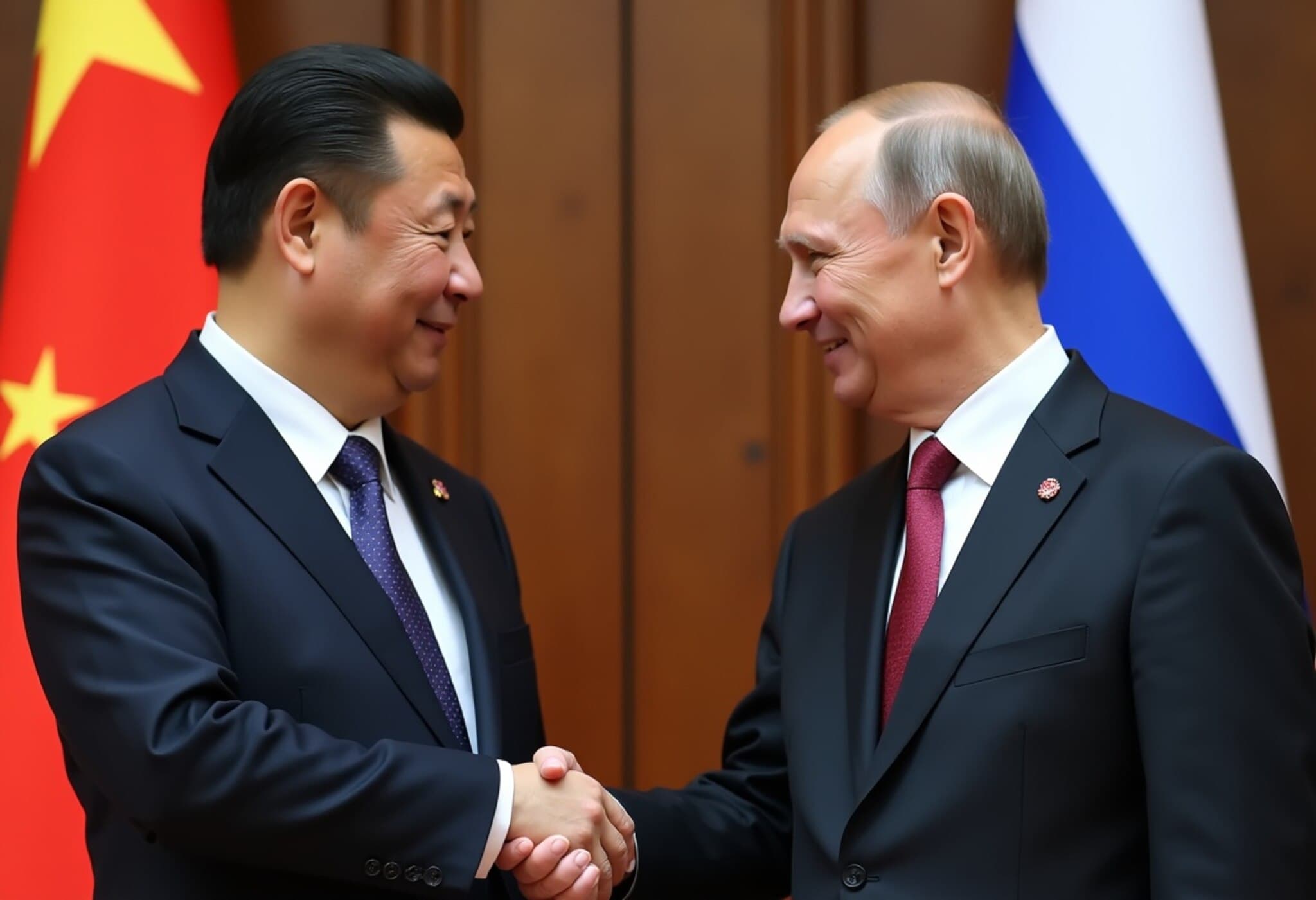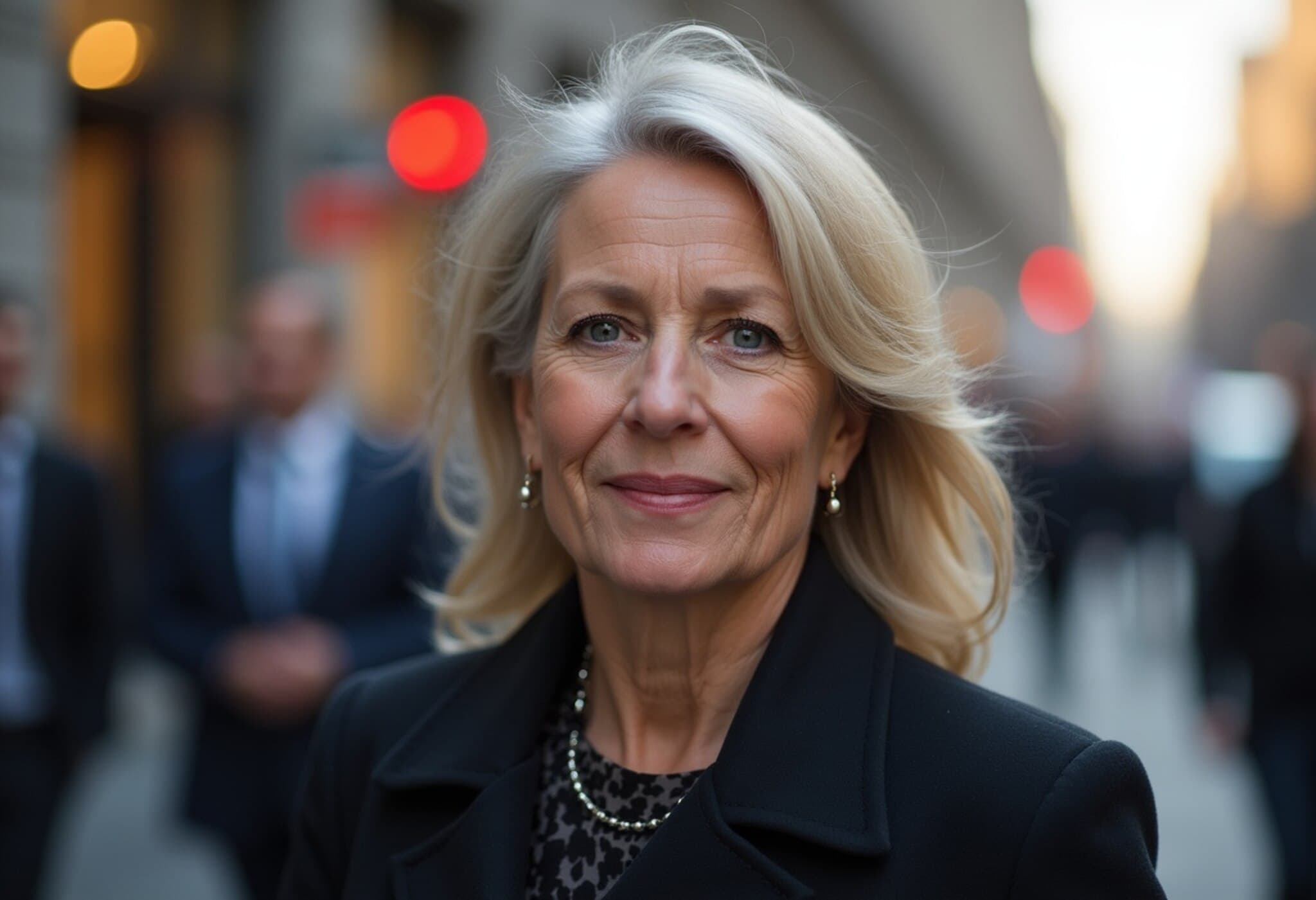Putin Remains Defiant Amid Trump’s Sanction Warnings
Despite the escalating rhetoric from former US President Donald Trump threatening new sanctions against Russia and its trade partners, Russian President Vladimir Putin shows no sign of retreating from his aggressive military campaign in Ukraine. Sources with close ties to the Kremlin reveal a prevailing sense of resolve among Moscow’s leadership, who appear to view additional economic measures as unlikely to derail their objectives.
Trump’s Sanctions and Tariff Ultimatum
Trump has recently upped the ante, signaling intentions to impose harsh sanctions targeting not only Russia but also its critical economic allies, including India and China. Highlighting India in particular, Trump accused the nation of indirectly financing Russia’s war machinery through continued trade, announcing a proposed 25% tariff on Indian imports.
Why Putin Is Undeterred
Experts analyzing the conflict point to Putin’s firm belief that Russia has gained a strong position on the battlefield—bolstered by what the Kremlin perceives as minimal consequences from several rounds of sanctions imposed since the onset of hostilities in early 2022. A senior source inside Moscow commented, “There’s not much more that they can do to us,” underscoring the sentiment that Moscow views the penalties as manageable setbacks rather than existential threats.
Putin’s War Objectives: The Four Ukrainian Regions
Putin’s primary ambition is to secure full control of the eastern and southern Ukrainian territories of Donetsk, Luhansk, Zaporizhzhia, and Kherson—areas Moscow legally annexed following referenda widely regarded internationally as illegitimate. According to informed Kremlin insiders, only upon succeeding in these territorial claims would Putin consider genuine peace talks.
Political analyst James Rodgers, author of the upcoming book The Return of Russia, explains, “Full occupation of these regions would allow Putin to declare that his war aims have been met.” However, this military goal clearly eclipses potential diplomatic benefits from improved relations with the West, including the United States, even as Moscow cautiously engages in nominal negotiations that largely revolve around humanitarian issues.
The Frozen Peace Process
Since May, Moscow and Kyiv have conducted sporadic talks, but these encounters have lacked meaningful progress. Russia’s stringent conditions—demanding Ukrainian withdrawal from the contested zones, Kyiv’s neutral status, and significant military restrictions—remain non-negotiable points of contention for Ukraine. Despite these hurdles, President Putin publicly described recent dialogues as “positive,” signaling an intent to maintain at least a veneer of engagement.
Trump’s Envoy Visits Russia Amid Heightened Tensions
Amid these dynamics, Trump’s special envoy, Steve Witkoff, is currently in Russia attempting to navigate the delicate diplomatic landscape. The visit coincides with an atmosphere charged with warnings from both sides about the potential for nuclear escalation, making the stakes particularly high.
Kremlin’s Economic Resilience and International Backing
Russia's capacity to endure sanctions reflects both domestic adjustments and strategic partnerships. Despite losing billions from plunging oil and gas revenues, a sharp drop in foreign investments, and frozen assets estimated at $300 billion, Moscow has sustained its military operations with one key assistance source being North Korea’s ammunition supplies and China's provision of dual-use technologies that bolster weapons manufacturing.
Putin’s government frequently boasts of a de facto “sanctions immunity,” a claim tacitly acknowledged by Trump himself, who remarked on Russia’s adeptness at sanction evasion. Critics remain skeptical about the effectiveness of sanction threats, particularly against Russian oil exports, given China’s unlikely compliance which could risk global oil price spikes and unintended economic consequences.
Expert Commentary: The Strategic Calculus Behind Putin’s Choices
Putin's defiance signals a calculated gamble that pursuing territorial expansion outweighs the economic and diplomatic costs imposed by the West. This approach highlights the limits of sanctions as a tool of coercive diplomacy, especially when key geopolitical actors like China and India continue facilitating Russia's access to vital resources.
From an American policy standpoint, the dilemma is evident: while sanctions aim to pressure Moscow into negotiation, the resilience displayed by Russia suggests alternative strategies, such as increased support for Ukraine and diplomatic engagement beyond economic measures, may be necessary to alter the conflict’s trajectory.
Looking Ahead: Unanswered Questions and Broader Implications
- Can the US and its allies enforce more effective sanctions to truly constrain Russia’s military ambitions?
- What role will China and India ultimately play in sustaining or weakening Russia’s war effort?
- How might renewed diplomatic efforts build trust and pave the way toward a durable peace?
- What are the risks of prolonged conflict in terms of regional stability and global energy markets?
Editor’s Note
As the war in Ukraine grinds on, the interplay between sanctions, diplomacy, and military strategy reveals the complexity of modern geopolitical conflicts. Putin's determination to secure territorial gains despite mounting economic pressures challenges traditional assumptions about the leverage of sanctions. For policymakers and observers alike, understanding the multifaceted nature of Russia’s resilience—rooted in international partnerships, economic adaptation, and strategic calculation—is key to charting a path forward that balances firmness with engagement. The coming months will be pivotal in determining whether diplomacy can outpace the momentum of conflict or if the war’s costs will escalate further with profound regional and global consequences.

